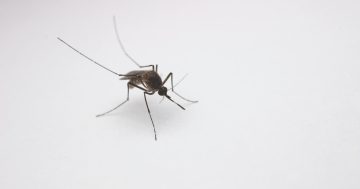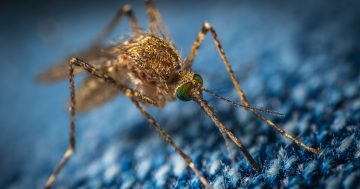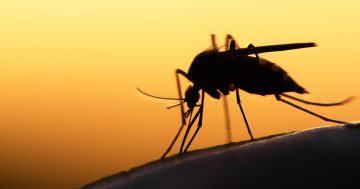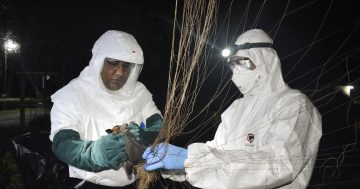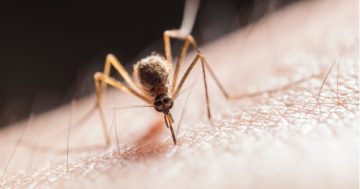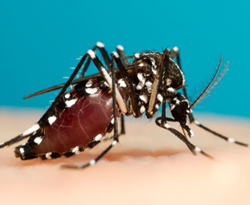 NSW Health is urging communities across western and southern areas of inland NSW to protect themselves against mosquito bites as detections of the Murray Valley encephalitis (MVE) virus surges.
NSW Health is urging communities across western and southern areas of inland NSW to protect themselves against mosquito bites as detections of the Murray Valley encephalitis (MVE) virus surges.
Acting Executive Director of Health Protection NSW, Dr Paul Douglas said MVE virus had been detected in mosquitoes across a wide area of western and southern NSW.
Dr Douglas said sentinel chickens used for surveillance of viruses had also been infected with MVE virus in Macquarie Marshes and Menindee.
“Detections in sentinel chickens suggest that virus levels within mosquito populations are high and there is potential for the virus to spread to people,” Dr Douglas said.
“Only a small proportion of people infected with the virus will have any symptoms, which include fever, headache, nausea, vomiting, loss of appetite, diarrhoea, and muscle aches,” he said.
“Among those who get a severe infection, lifelong neurological complications or death can result.”
Dr Douglas said signs of severe infection included severe headache, neck stiffness, sensitivity to bright lights, drowsiness, confusion, seizures, and loss of consciousness.
He said there was no vaccination or specific treatment for Murray Valley encephalitis and the best way to avoid infection was to avoid being bitten by mosquitoes, which are most active between dusk and dawn.
“Avoiding mosquito bites will also protect against other mosquito-borne infections including Japanese encephalitis, Ross River Fever and Barmah Forest virus,” the doctor said.
Information on how to protect yourself against mosquito bites can be accessed at this PS News link.


